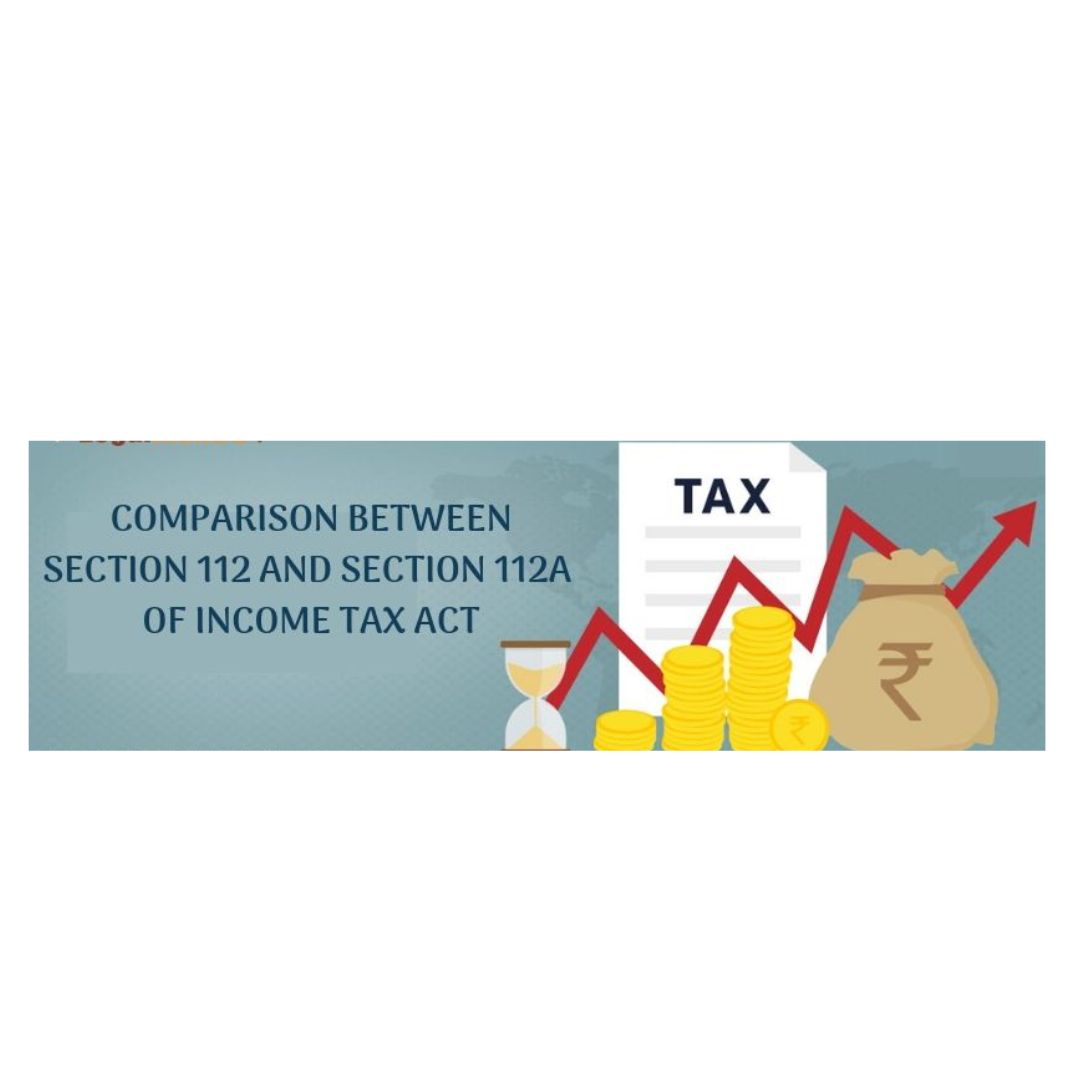TDS compliance chart for FY 2022-23?
TDS Compliances TDS Compliances, is a chart for the financial year 2022-23 in India. Please note that the rates and thresholds mentioned below are based on the information available up to my knowledge cutoff in September 2021. It’s always advisable to refer to the official tax department website or consult with a tax professional… Read More »






